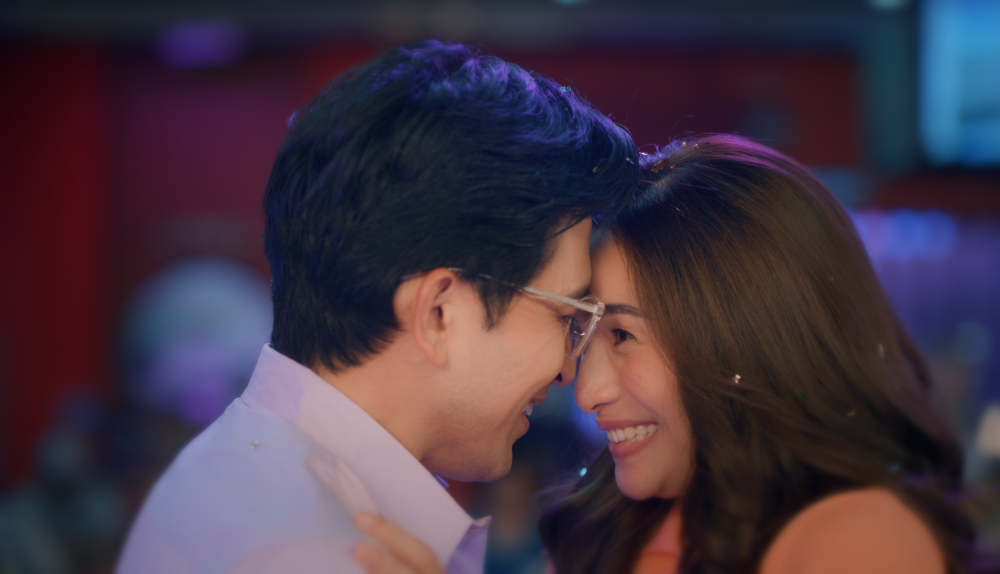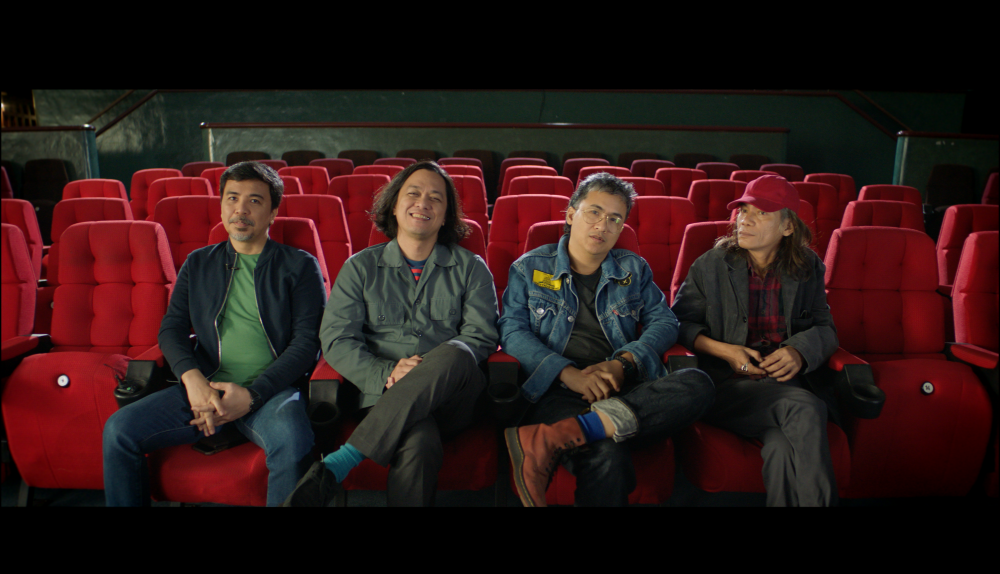Registration has been disabled.
Trending News
 Kailan Ka Magiging Akin (restored version): Isang Rebyu
Kailan Ka Magiging Akin (restored version): Isang Rebyu
 A Review of Eraserheads: Combo on the Run
A Review of Eraserheads: Combo on the Run
 Everything about My Wife Review: To Be Loved is to Be Seen
Everything about My Wife Review: To Be Loved is to Be Seen
 A Complete Unknown Review: A Chronicle of TImes A-Changin
A Complete Unknown Review: A Chronicle of TImes A-Changin
 Everything About Its Adaptation: How Direk Real Florido Made the Filipino Version of the Widely Adapted Argentine Romantic Comedy
Everything About Its Adaptation: How Direk Real Florido Made the Filipino Version of the Widely Adapted Argentine Romantic Comedy
 QCShorts Call for Submissions: QCinema 2025 is now accepting entries
QCShorts Call for Submissions: QCinema 2025 is now accepting entries
 MMFF 2024 Review: Hold Me Close
MMFF 2024 Review: Hold Me Close
 MMFF 2024 Review: Uninvited
MMFF 2024 Review: Uninvited
 MMFF 2024 Review: Green Bones
MMFF 2024 Review: Green Bones
 MMFF 2024 Review: Strange Frequencies: Taiwan Killer Hospital
MMFF 2024 Review: Strange Frequencies: Taiwan Killer Hospital
 Kailan Ka Magiging Akin (restored version): Isang Rebyu
Kailan Ka Magiging Akin (restored version): Isang Rebyu
 A Review of Eraserheads: Combo on the Run
A Review of Eraserheads: Combo on the Run
 Everything about My Wife Review: To Be Loved is to Be Seen
Everything about My Wife Review: To Be Loved is to Be Seen
 A Complete Unknown Review: A Chronicle of TImes A-Changin
A Complete Unknown Review: A Chronicle of TImes A-Changin
 Everything About Its Adaptation: How Direk Real Florido Made the Filipino Version of the Widely Adapted Argentine Romantic Comedy
Everything About Its Adaptation: How Direk Real Florido Made the Filipino Version of the Widely Adapted Argentine Romantic Comedy
 QCShorts Call for Submissions: QCinema 2025 is now accepting entries
QCShorts Call for Submissions: QCinema 2025 is now accepting entries
 MMFF 2024 Review: Hold Me Close
MMFF 2024 Review: Hold Me Close
 MMFF 2024 Review: Uninvited
MMFF 2024 Review: Uninvited
 MMFF 2024 Review: Green Bones
MMFF 2024 Review: Green Bones
 MMFF 2024 Review: Strange Frequencies: Taiwan Killer Hospital
MMFF 2024 Review: Strange Frequencies: Taiwan Killer Hospital




